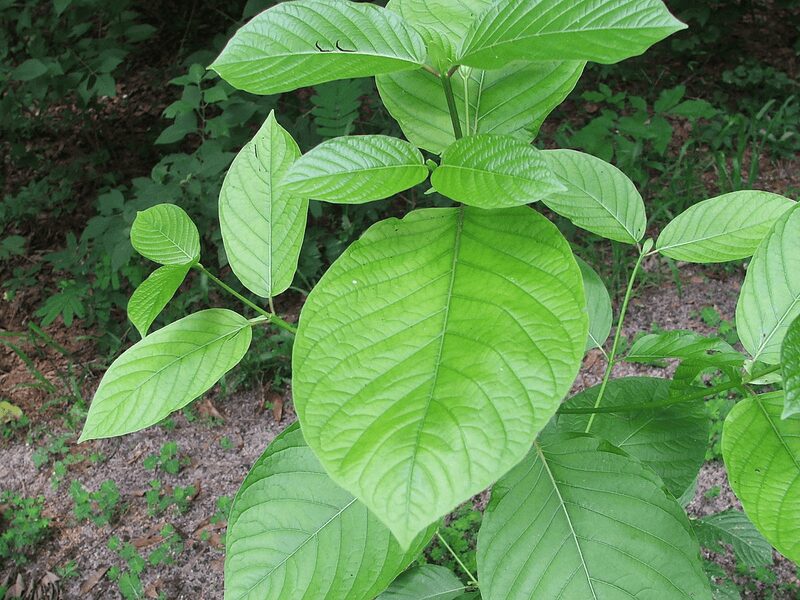The legal status of kratom in the United States remains a patchwork of federal tolerance and state-level restrictions. At the federal level, kratom is not classified as a controlled substance by the Drug Enforcement Administration (DEA), though it remains on the agency’s list of drugs and chemicals of concern. The Food and Drug Administration (FDA) has not approved kratom for any medical purpose and continues to warn against its use, citing concerns about contamination, adulteration, and adverse health effects.
Seven states have enacted complete bans on kratom as of 2026: Alabama, Arkansas, Indiana, Rhode Island, Vermont, Wisconsin, and Louisiana. Each state justifies its prohibition based on safety concerns, lack of FDA approval, and reports of adverse events linked to kratom use.
Recent legislative activity has focused on regulating specific kratom alkaloids rather than banning the substance outright. Several states are considering restrictions on 7-hydroxymitragynine (7-OH), the more potent of kratom’s two primary alkaloids. 7-OH binds more strongly to opioid receptors than mitragynine and has been associated with higher risks of dependency and adverse effects. Florida, for instance, has moved to ban kratom products with concentrated 7-OH levels, while other states are evaluating similar approaches.
The Kratom Consumer Protection Act (KCPA) has gained traction as an alternative to outright prohibition. States including Arizona, Georgia, Nevada, and Utah have passed KCPA legislation that establishes age restrictions, requires product testing, mandates accurate labeling, and prohibits adulterated formulations. As of early 2026, more than a dozen states have either enacted or are actively considering KCPA-style regulations.
Rhode Island and Vermont, both states with existing bans, are reviewing their classifications after preliminary assessments suggested kratom may not meet the criteria for Schedule I designation. Rhode Island’s Department of Health has engaged with advocacy groups to explore regulatory frameworks, while Vermont’s legislature is considering a KCPA bill that would replace the current ban with consumer protections.
Local bans add another layer of complexity. Cities and counties in states where kratom is otherwise legal have imposed their own restrictions, creating enforcement challenges for vendors and confusion for consumers. This decentralized approach reflects the absence of unified federal guidance and leaves regulation largely to state and local discretion.
Kratom Effects and Risks
Understanding how kratom affects the body is essential for anyone considering its use or evaluating its legal status. Kratom’s effects vary significantly based on dosage, strain, individual tolerance, and method of consumption.
At lower doses, typically between 1 and 5 grams, kratom produces stimulant-like effects. Users report increased energy, alertness, sociability, and focus. Some describe a sense of mild euphoria or enhanced motivation. These effects are attributed primarily to mitragynine, which interacts with adrenergic and serotonergic receptors in addition to opioid pathways.
At higher doses, usually between 5 and 15 grams, kratom acts more like a sedative or analgesic. Users experience pain relief, relaxation, and drowsiness. Some report feelings of warmth and contentment similar to opioid effects. The alkaloid 7-hydroxymitragynine becomes more active at these doses, binding strongly to mu-opioid receptors and producing effects comparable to prescription opioids, though generally less intense.
Common side effects include nausea, constipation, dry mouth, increased urination, loss of appetite, itching, and sweating. Some users experience dizziness, confusion, or visual disturbances. These effects are more pronounced at higher doses or with prolonged use.
Kratom carries a risk of dependence and addiction, particularly with regular use over extended periods. Users who consume kratom daily may develop tolerance, requiring larger doses to achieve the same effects. Withdrawal symptoms can occur when use is stopped abruptly and may include irritability, anxiety, muscle aches, insomnia, runny nose, sweating, and restlessness. Withdrawal is generally less severe than with traditional opioids but can still be uncomfortable and may last several days.
Overdose risks associated with kratom are relatively low when used alone, but serious complications can occur. The FDA has received reports of kratom-related deaths, though most cases involved polysubstance use, with kratom combined with other drugs such as fentanyl, heroin, benzodiazepines, or alcohol. Symptoms of kratom toxicity include seizures, rapid heart rate, high blood pressure, tremors, severe nausea, hallucinations, and in rare cases, respiratory depression.
Kratom can interact dangerously with other substances. Combining kratom with alcohol, benzodiazepines, prescription opioids, or other central nervous system depressants increases the risk of respiratory failure and death. Kratom may also interact with certain medications metabolized by the liver, potentially altering their effectiveness or increasing side effects.
Contamination and adulteration pose additional risks. Because kratom is not regulated by the FDA, product quality varies widely. Laboratory testing has identified kratom products contaminated with heavy metals such as lead and nickel, as well as bacteria like Salmonella. Some products have been found adulterated with synthetic opioids or other undisclosed substances, which can lead to unexpected and dangerous reactions.
Pregnant or breastfeeding women should avoid kratom due to insufficient safety data. Kratom alkaloids can cross the placental barrier, and cases of neonatal abstinence syndrome have been reported in infants born to mothers who used kratom during pregnancy.
Anyone considering kratom use should be aware of these risks and consult with a healthcare provider, particularly if they have underlying health conditions, take prescription medications, or have a history of substance use disorders.

